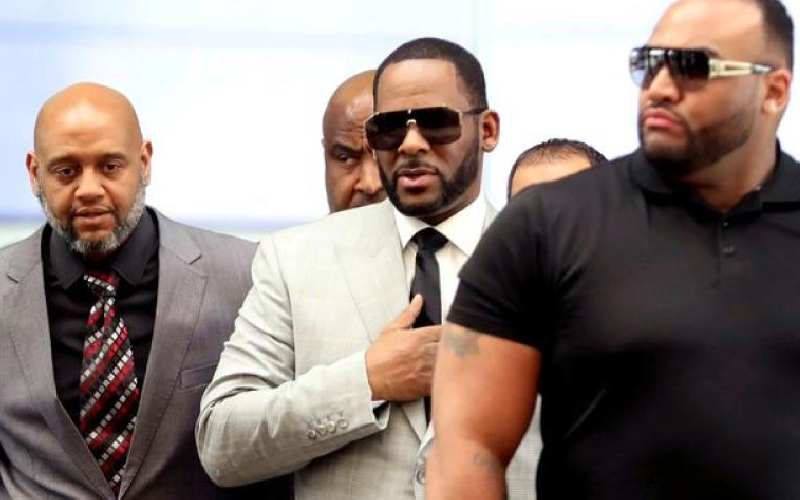×
The Standard e-Paper
Join Thousands Daily

R. Kelly walks inside the Criminal Court Building as he arrives for a hearing on eleven new counts of criminal sexual abuse, in Chicago, Illinois, U.S., on June 6, 2019. [Reuters]
When disgraced singer R Kelly was found guilty of sex trafficking and sexual assault earlier this week, it was a win for the Me Too movement.